One of the things that parents are told to expect when their child starts attending infant care, playgroup or preschool is that they will fall sick more often. Indeed, most of the parents we spoke to confirm that visits to the doctor definitely went up when their children began school.
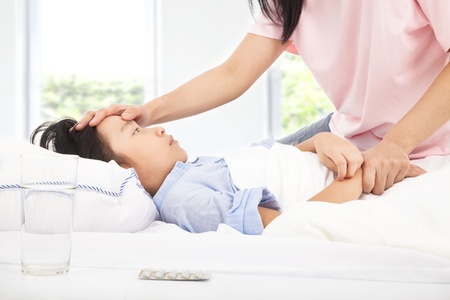
Children frequently fall sick, to begin with, because their immune system is still not fully developed, leaving them more susceptible to germs in their environment. In school, with so many other little ones running amok, the chances of catching a virus via physical contact or in the air is that much higher. Not to mention that our little ones are not the most hygienic beings too, wiping their noses on their hands or clothes, coughing directly into the faces of their peers, and picking up all manner of items on the floor.
One mother, Sharon, shared that her daughter only attended two weeks of her first month at school. “We effectively wasted half of the school fees for the month, since payment is made on the first of each month. She was just getting the flu so often, and we decided to keep her at home.”
Which begs the question, and the title of this article – when is your child ‘too sick’ for school? As parents, we want to look after our child’s health and well-being, but we also want them to thrive in the school we have paid for and believe in. We want to give them as much opportunity as possible to spend with their friends and enjoy these early preschool years, but we want to be responsible adults and would not want to risk her infecting the whole class with her germs.
It’s a dilemma many of us may face on a regular basis, except for those no-brainer occasions when your child is obviously too sick to do much more than vegetating on the couch, consume bottles of medication, and take copious naps.
Here are some pointers that may help you make the decision, as to whether to pack your under-the-weather child off to school, or keep him at home for the day.
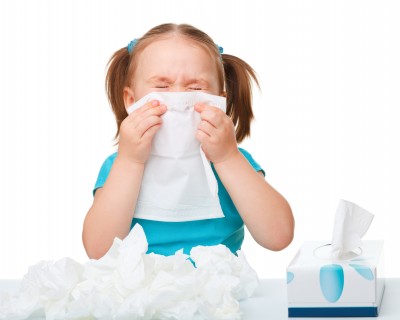
Colds
Go to school if your child is:
- Fever-free
- Still behaves like his usual self
Stay home if your child:
- Has a persistent phlegmy cough
- Seems cranky and lethargic, out of sorts
- Experiences fever and/or wheezing as well
Fever
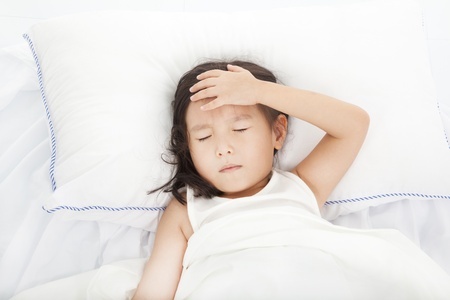
Go to school if your child is:
- Over 4 months old
- Has a temperature below 38°C (Important point to note: Don’t give too much paracetamol when your child has fever)
- Is drinking enough fluids
- Still behaves like his usual self
Stay home if your child is:
- 4 months old or younger
- Shows a sudden change in behavior
- Has a temperature above 38°C (A feverish child is considered contagious, plus he’s also probably not feeling well enough to participate actively in school or playgroup)
⇒ Related Read: Fever in Children And When It Is A Concern
Stomachache
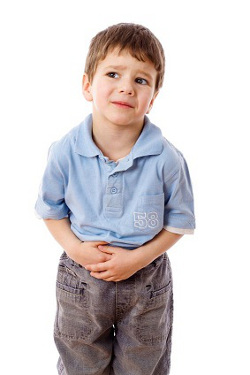
Go to school if your child:
- Only experiencing this symptom, and is active and behaving normally otherwise
Stay home if your child:
- Has vomiting, diarrhea, fever or no interest in play
- A sharp stomach pain could be something more serious and requires immediate medical attention, e.g. Severe constipation, appendicitis or bowel obstruction.
Vomiting
Go to school if your child:
- Vomited only once in past 24 hours
Stay home if your child:
- Vomited two or more times in past 24 hours
- Shows signs of dehydration, e.g. no tears when she cries, no bubbles between her lips and gums. Offer small amounts of fluid frequently.
Diarrhea
Go to school if your child:
- Experiences slightly loose stools
- Still acts normally and doesn’t poop excessively
Stay home if your child:
- Has the runs more than three times a day
- Has very watery poo
- Has blood or mucus in the stools
- Shows signs of dehydration, e.g. no tears when she cries, no bubbles between her lips and gums. Offer small amounts of fluid frequently
⇒ Related Read: Vomiting Or Diarrhoea In Children: Causes And Symptoms
Red eyes
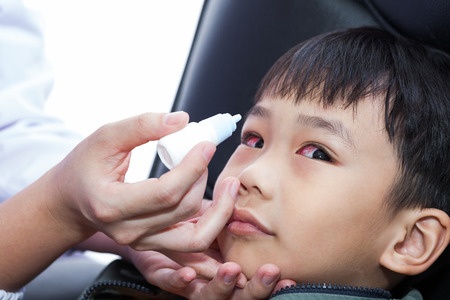
Go to school if your child’s eye:
- Is only slightly pink
- Any discharge from the eyes is clear and watery
Stay home if your child’s eye:
- Is stuck shut, bright red and/or oozing yellow or green discharge. These symptoms indicate the highly contagious form of conjunctivitis, and the child will need to be treated with antibiotics.
⇒ Related Read: Sore Eyes Treatment And Eye Pain In Children
Sore throat
Go to school if your child is:
- Fever-free. Often, a store throat is only due to the irritation from a regular runny nose.
Stay home if your child:
- Has swollen neck glands
- Has fever, headache or stomachache. (A strep test for bacterial infection may be necessary for older kids. Children with strep need to be treated with antibiotics.)
⇒ Related Read: Can Sore Throat Be Treated With Traditional Home Remedies?
We all have a social responsibility to prevent the spread of viruses, whether you are a parent, teacher or kid. Watch the video below by the Let’s Stand Together Movement. Stay home and rest or wear a mask when you’re sick!
Important Note: This article is for reference only. If you have any urgent queries on your child’s health condition, you should seek professional medical advice immediately.
By Dorothea Chow.
If you find this article useful, do click Like and Share at the bottom of the post, thank you.
Want to be heard and seen by over 100,000 parents in Singapore? We can help! Leave your contact here and we’ll be in touch.




































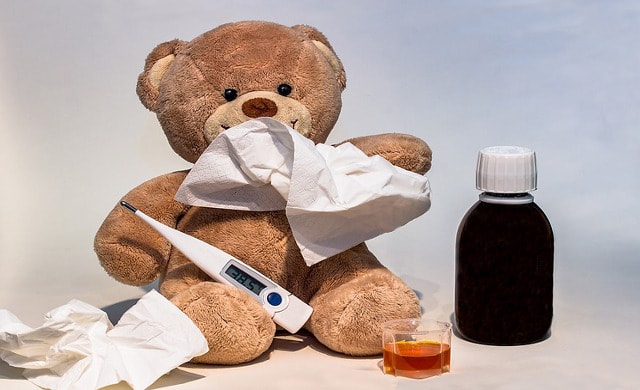
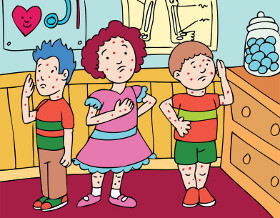
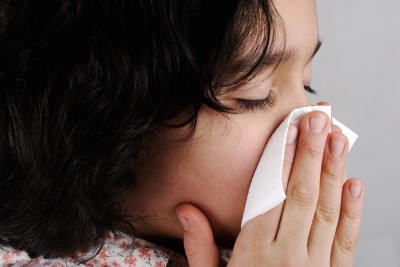


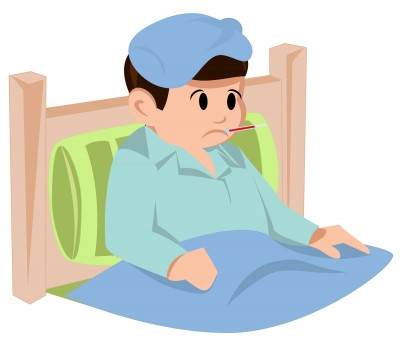


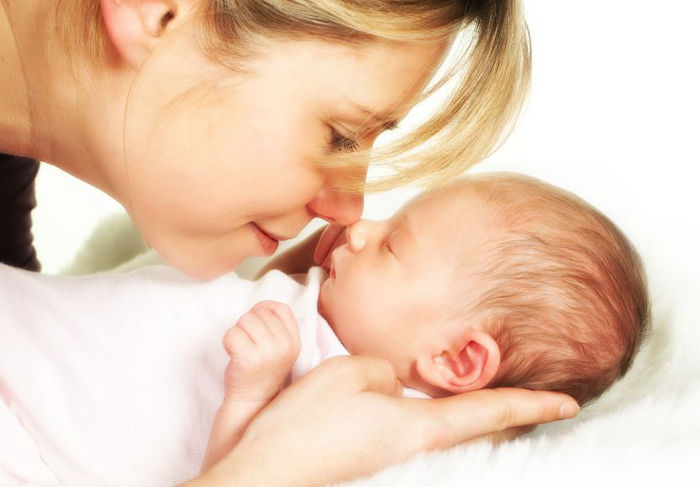










Leave a Comment: